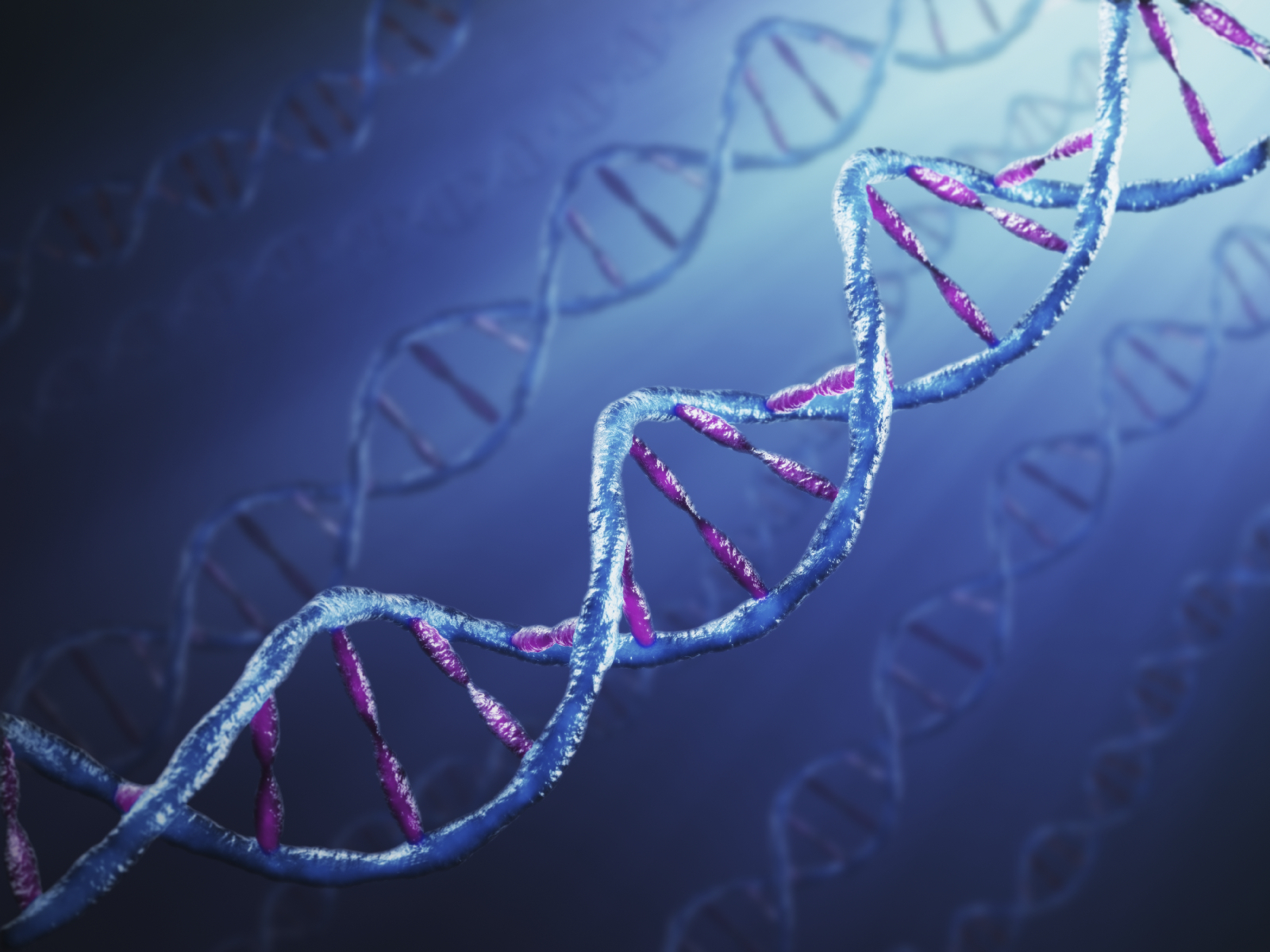Submitted on February 28, 2013

UCSF is in the forefront of a movement that seeks to change how cancer and many other diseases are treated in the years to come. Precision medicine, also called personalized medicine, has found a passionate following at UCSF as clinicians
and basic scientists collaborate with each other and with private industry to develop more precise genetic tests for characterizing and effectively treating cancer and other diseases.
“The tools of precision medicine will give physicians a finer estimate of a patient’s condition and allow treatment to be targeted more appropriately,” says Peter Carroll, MD, MPH, chair of the UCSF Department of Urology.
Precision medicine is finding its most immediate application in the field of cancer. Traditional diagnostic and prognostic tools for cancer include describing the tumor’s stage—how far the cancer has spread from its primary site—and its grade—how abnormal the cancer cells look under a microscope. Yet this information provides only a partial understanding of disease, says Matthew Cooperberg, MD, MPH, a UCSF genitourinary surgeon who conducts research on prostate cancer risk factors. Two men may have a prostate tumor of the same grade and stage, but genetic variations may make the molecular biology of their tumors very different. That means that their responses to a given treatment may be very different as well, both in terms of efficacy and side effects.
Such information will be invaluable as new treatments come down the pipeline that are expensive and carry a risk of toxic side effects. The goal is to know with some certainty who will benefit from those therapies, said Cooperberg, since it is not desirable to treat everyone the same way.
Precision medicine is built on a delicate layering of data. In cancer, this includes identifying the genetic characteristics of the tumor but also broader DNA patterns in the patient’s chromosomes. Blood and saliva can be tested for single nucleotide polymorphisms (SNPs)—small genetic variations in the chromosomal DNA. These variations serve as markers for such factors as how a patient may metabolize a particular chemotherapy drug, or respond to radiation, dietary modifications or environmental factors.
“We know there are patterns that will help us optimally guide cancer patient management, but we need to gather data that will help us discern and interpret those patterns,” said epidemiologist June Chan, ScD. Chan’s research suggests that there are several healthy lifestyle practices that may reduce the risk of prostate cancer progression, such as regular exercise, not smoking, and consuming vegetables and fats from nuts and plant oils. However, her research also indicates that DNA variants modulate how individuals respond to certain nutrients.
The UCSF Department of Urology has assembled a substantial tissue bank from patients who have agreed to provide genetic samples for analysis and is seeking grant funding to greatly expand that databank in the coming months. The department is also working in partnership with several private companies, including Myriad Genetics, Genomic Health, Inc., and Genome Dx Biosciences, to develop tests that can tease out important genetic information.
Precision medicine research is focused heavily on cancer care at this point in time, but it holds promise for a wide range of diseases. Kidney stones, for example, tend to form repeatedly in certain patients but not in others. Analysis of single nucleotide polymorphisms may provide clues to better treatments for these individuals.
“The tools that precision medicine research is developing make this a particularly exciting time in urological research,” said Dr. Carroll.